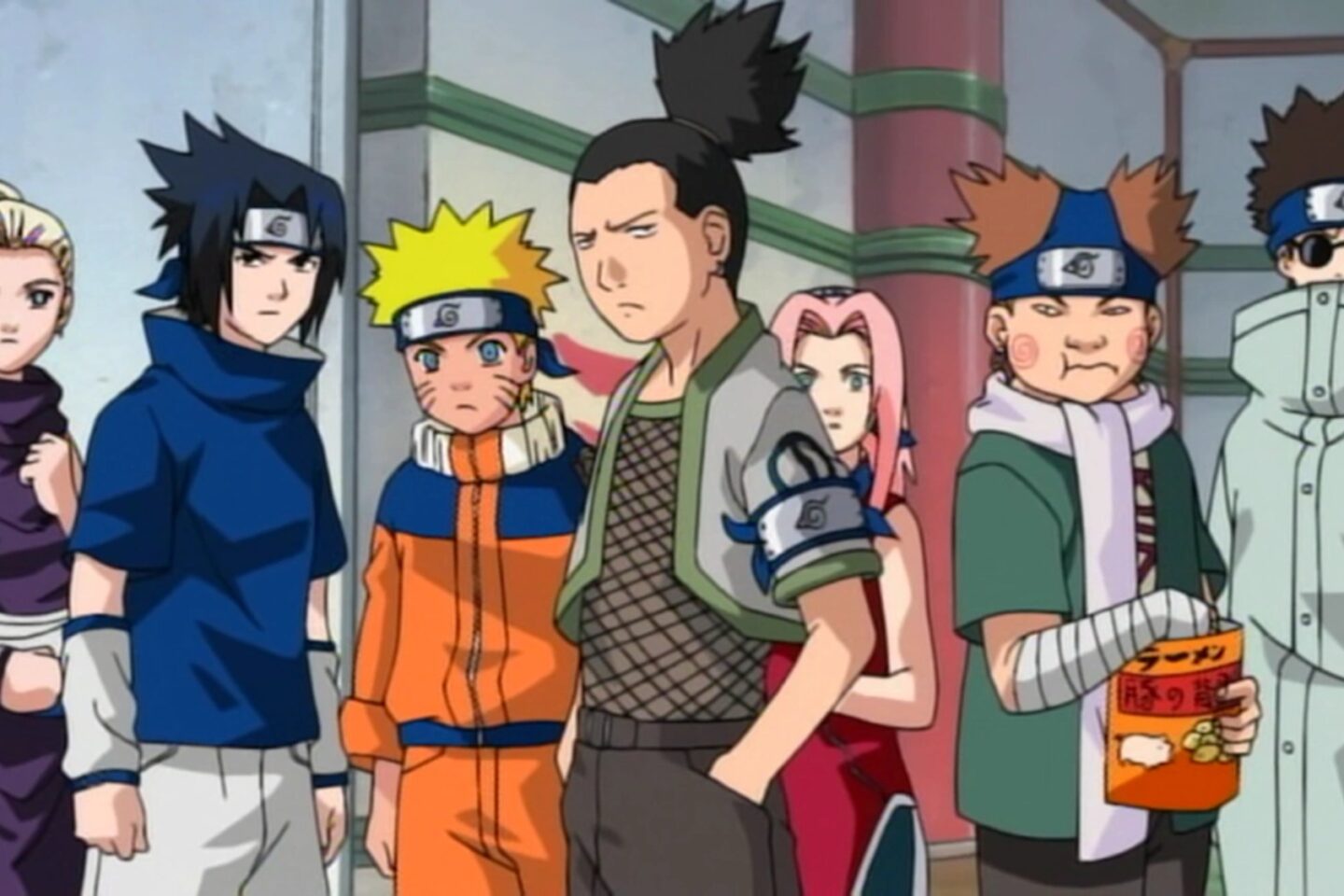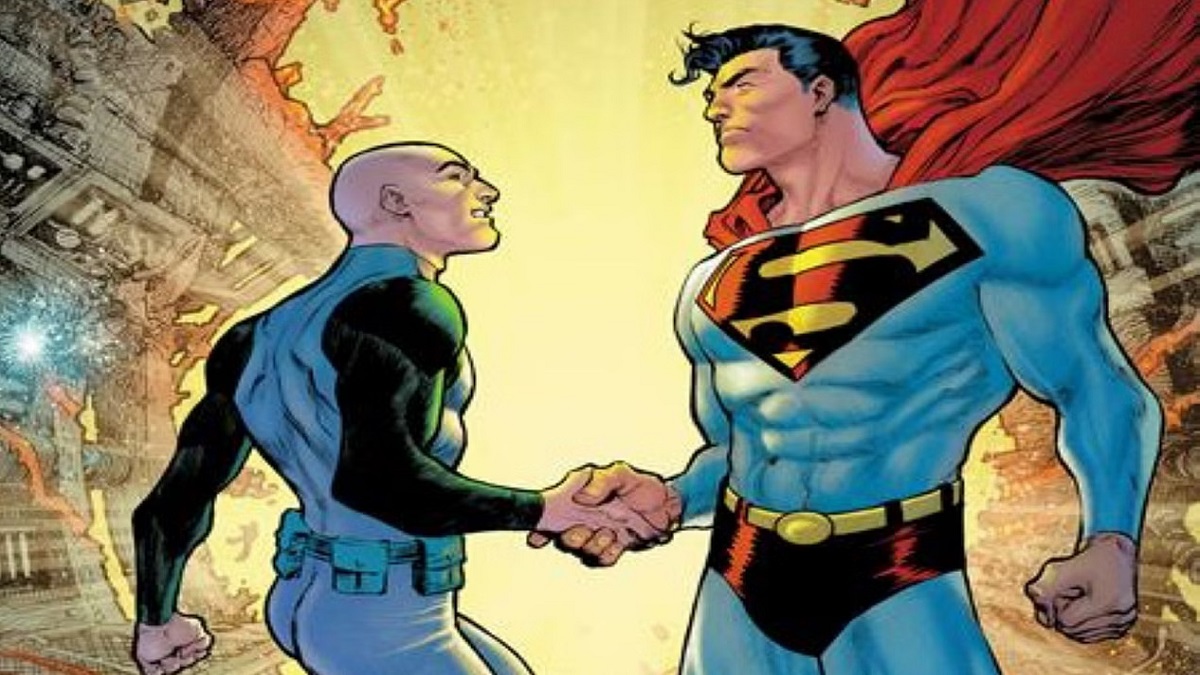The intense and emotionally charged line, “I’m gonna bring you home safe if I have to break every bone in your body,” uttered by Naruto Uzumaki to Sasuke Uchiha, remains one of the most striking quotes from the original Naruto series. This confrontation between Naruto and Sasuke at the Valley of the End is a pivotal moment that had been anticipated by fans due to the profound narrative buildup leading to this encounter. Each character’s path diverged dramatically, resulting in an inevitable battle that was as much about their contrasting ideologies as it was about their friendship. Full of impressive techniques and underlined by emotional exchanges, this clash highlighted the brutal reality of the shinobi world, where combat often serves as a means of communication and understanding.
Throughout Naruto, Team 7’s journey unfolds against a backdrop of incessant danger intrinsic to the ninja lifestyle. The young ninjas face perilous missions, often with stakes as high as defending their village against formidable threats. As these genins evolve into seasoned ninjas, their paths diverge, each shaped by personal ambitions and philosophies. Sasuke, driven by the desire to avenge his clan and attain power, chooses a solitary path, even if it means severing ties with those he once considered comrades. His alignment with Orochimaru symbolizes his quest for strength, irrespective of the means. Conversely, Naruto remains steadfast in his ambition to become Hokage, dedicated to protecting those dear to him. This fundamental clash of ideals and paths eventually culminates in their dramatic confrontation, spotlighting Naruto’s desperate resolve to bring Sasuke back, even if it entails crossing moral boundaries.

A Clash of Ideals
The duel at the Valley of the End epitomizes the tension and evolving dynamics between Naruto and Sasuke, a tension nurtured by years of rivalry and camaraderie. Both shinobi had grown up together, each shaping their personal identities, yet their destinies demanded they cross swords. The battle’s setting, steeped in the lore of legendary combatants, acts as the perfect stage for them to air their grievances and explore their complex relationship. Indoctrinated as child soldiers, they each confront inner demons and their views on bonds and power. Sasuke’s decision to leave the village is born from his belief that attachments hinder his quest for vengeance. Naruto, however, perceives the safety and bonds within the village as a testament to his values, aspiring to ensure peace by reconnecting with his friend.
Their exchanges carry the weight of unresolved feelings and ideologies, with Naruto’s chilling promise to do whatever it takes to bring Sasuke back—emblematic of the stark violence ingrained in the world they inhabit. Despite its fictional setting, this dialogue resonates with the audience, illustrating the complex interplay between personal resolve and collective responsibilities. Naruto’s unwavering commitment to his ideals, even expressed through aggressive threats, underlines the narrative’s exploration of the intrinsic violence overshadowing the ninja world, where children bear witness to and partake in bloody conflicts like the Chunin exams, further amplifying the realism and severity of their struggles.

Naruto’s Generational Violence
The pervasive violence of the ninja world leaves scars, evident in the older generations who grapple with past traumas. Characters like Kakashi embody this cycle, shaped by wars and personal losses that continue to haunt them. When Sasuke begins to embrace more dangerous ideals, choosing strength over bonds, Kakashi’s ability to guide him falters, limited by his own unresolved grief from war-induced tragedies. This generational trauma crystallizes when a high-stakes mission—retrieving Sasuke—is assigned to young ninjas, highlighting the dearth of experienced shinobi due to prior conflicts, and the urgent need for peace.
This particular quote encapsulates the extent of Naruto’s resolve and his connection to his world’s harsh realities. Throughout the series, the narrative frequently explores these war-torn environments and their impact on individuals. The stark truth is each character, much like Naruto, is embroiled in a societal loop where the warrior’s path is prevalent from a young age. The story follows Naruto as he matures, learning that violence need not be the only means to enacting change. By the end, having uttered threats as severe as breaking someone’s bones, Naruto evolves, helping usher a new era where diplomatic solutions gradually overshadow the need for warfare.
Within the broader context of Naruto’s journey, the emphasis is on transformation and the importance of breaking cycles of violence through understanding, empathy, and courage. The series does more than chronicle battles; it probes deeper into the personal struggles and moral questions faced by its characters, encouraging reflection on peace and resolution beyond brute strength.
In conclusion, Naruto serves as a rich tapestry interweaving themes of friendship, sacrifice, and personal growth. Its characters navigate a world marred by conflict, yet through struggles and strife, the story of Naruto and Sasuke becomes emblematic of the broader quest for peace and understanding in a divided world. As the protagonists evolve and redefine their notions of what it means to be strong, they offer audiences a timeless narrative reflecting perseverance in the face of immense adversity.















